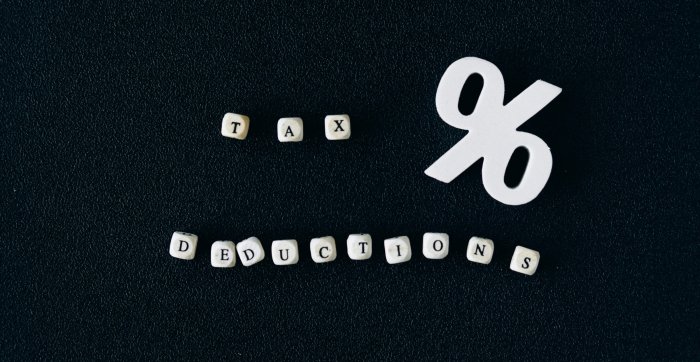
Learn how to maximise your tax benefits by understanding how to claim your car expenses.
To claim a deduction for car expenses:
- Your vehicle must meet the definition of a car.
- You must own or lease the car. (You do not own or lease the car if you use it under a salary sacrifice or novated lease arrangement)
- The expenses must be for work-related trips.
- You must have spent the money yourself and weren’t reimbursed.
- You must have the required records.
Expenses you can claim
As a business owner, you can claim a tax deduction for expenses for motor vehicles used in running your business. You can claim a business deduction for:
- Fuel and oil
- Repairs and servicing
- Interest on a motor vehicle loan
- Lease payments
- Insurance cover premiums
- Registration
- Depreciation (decline in value).
Separate private from business use
If you use a motor vehicle for both business and private use, you must be able to correctly identify and justify the percentage that you are claiming as business use. The percentage that is for private use isn’t claimable. This is an area where we often see errors made.
You can use a logbook or diary to record private versus business travel.
Travelling between your home and your place of business is considered private use, unless you are a home-based business and your trip was for business purposes.
Calculating your car expense deductions and keeping records
If you operate your business as a sole trader or partnership, there are two primary methods for calculating your car expense deductions
Cents Per Kilometre Method
- You can claim a set rate for each business kilometre travelled, up to a maximum of 5,000 kilometres per car, per year.
- For the 2022-23 tax year, the rate is 78 cents per kilometre. For the 2023-24 tax year, it is 85 cents per kilometre.
- You do not need written evidence for this method, but you must be able to show how you worked out your business kilometres.
Logbook Method
- Keep a logbook for 12 continuous weeks to establish the business use percentage of your car expenses.
- You can claim the business use percentage of all car expenses, including fuel, registration, insurance, servicing, and depreciation.
- You must keep receipts or other written evidence of your car expenses.
If your business is a company or trust, you must use the Actual Costs Method to work out motor vehicle expenses, regardless of the type of motor vehicle. The actual expense method can also be used for vehicles that do not qualify under the cents per kilometre or logbook methods
Learn the detailed motor vehicle expense records you need to keep here.
Steps to Claim Car Expenses
- Determine whether the cents per kilometre or logbook method gives you the best deduction.
- Keep records and receipts of your car expenses, including fuel, registration, insurance, and maintenance.
- Calculate your claim based on the business use percentage of your car expenses if using the logbook method.
- Include your car expense deduction in the car expenses section of your tax return.
Remember, you cannot claim expenses related to travel between home and work unless you are transporting bulky tools or equipment, or if you travel from one job directly to another. It’s also important to note that you cannot use both the cents per kilometre and logbook methods at the same time.
The maximum you can claim as a deduction for the depreciation of your car is $64,741 for the 2022–23 income year ($60,733 for the 2021–22 financial year) or the cost of the vehicle (whichever is less). You may be eligible to claim depreciation under the temporary full expensing rules.
Reference: ATO website
Talk to our KMT tax adviser about the best way to calculate the deductions and the record-keeping requirements.
About our adviser: Chrisanthe Lekatis is renowned for her expertise in management accounting, virtual CFO services, and top-tier business advice. She empowers management with tailored strategies for success, streamlining processes to achieve efficient and cost-effective outcomes. Her commitment to building trust and lasting relationships goes beyond professional excellence; it’s a personal ethos. By actively listening and understanding her clients’ businesses and goals, Chrisanthe thrives on collaborative efforts to navigate challenges and collectively achieve their aspirations. Please do not hesitate to reach out if you need assistance.
This is general advice only and does not take into account your financial circumstances, needs and objectives. Before making any decision based on this document, you should assess your own circumstances or professional advice from a qualified accountant at KMT Partners.


